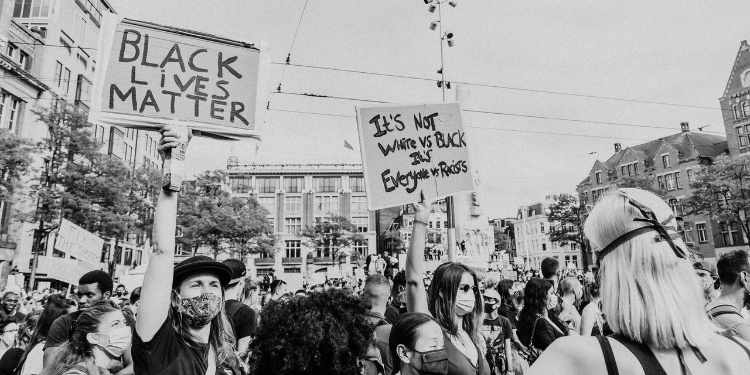











The benefit of living in a democracy is that everyone gets to have an opinion. Disagreement is normal and to be expected since not everyone will have the same opinion about all social and political issues. However, polarization occurs when different groups reject each other’s ideas, causing distrust, negativity, and judgment. In such a situation, compromise is often viewed as a betrayal. Polarization has a detrimental impact on both individuals and society as a whole, causing tension, anxiety, and stress.

In the world of politics, campaigns have become increasingly ugly, where prospective candidates tend to focus more on attacking their opponents than promoting their platforms. People instantly judge and dislike members of other political parties without respecting individual differences in opinion, and often feel intense pressure to conform to the exact same attitudes and viewpoints of members of their own party so as to avoid conflict and dissent and to preserve group identity. Additionally, attitudes and viewpoints may be more based on emotions than on facts.
People are losing faith in democracy, in government, and in chief institutions as a whole. Groups are so polarized that problem-solving becomes impossible even when groups do fundamentally agree with each other. Political stress tends to promote violence, as individuals are no longer viewed as people, and instead, are viewed as representative members of a larger group. Because of this climate, people feel increasingly less safe to verbalize their true opinions.
Political stress has also caused a magnification of psychological principles such as the halo effect and confirmation bias. The halo effect refers to the tendency to view everything as either completely positive or completely negative upon first impression. Confirmation bias is the inclination to support a narrative that confirms an already existing viewpoint while unknowingly disregarding facts that could potentially challenge these views.
So, what does all of this mean? In a nutshell, political stress and affiliations are causing an intense divide in society and in humanity as a whole. There is a prevailing atmosphere of fear and anxiety which prevents people from feeling free to express themselves. Friendships and relationships are severed due to political differences. There is no chance for healthy discussion, a challenge of thoughts, or the chance for a constructive resolution.
The only way to address the divide and mitigate the stressful environment is for people to get informed and gain understanding about facts without bias. Individuals need to try to understand why someone may hold a different opinion and consider how they might have developed it. The only way to combat political stress in a polarized society is to aid individuals in the development of empathy and respect, help people re-learn how to listen and truly hear one another, and encourage people to keep an open mind and all lines of communication open. People need to remember that they live in a democracy, which encourages and promotes differences in opinion.